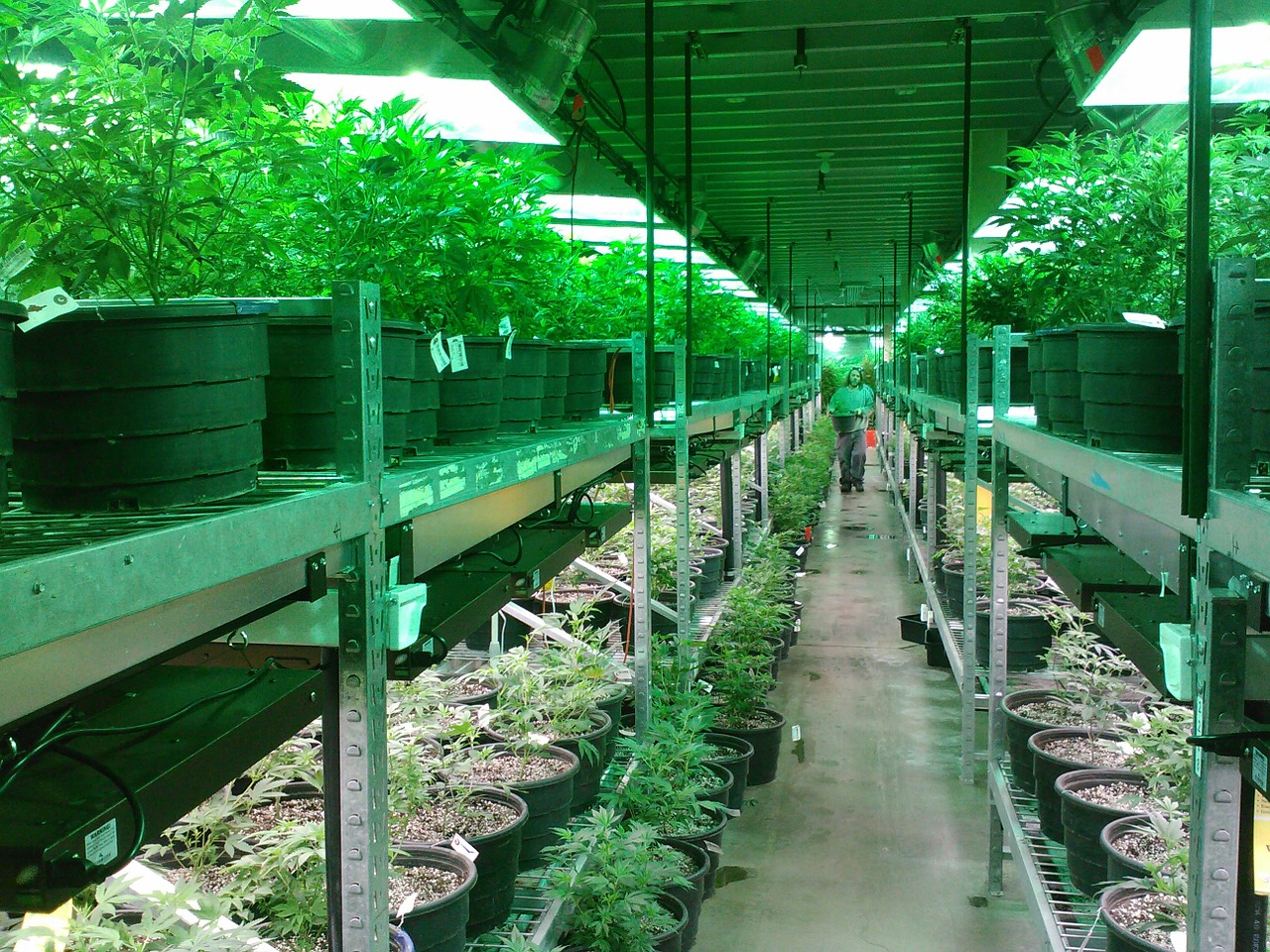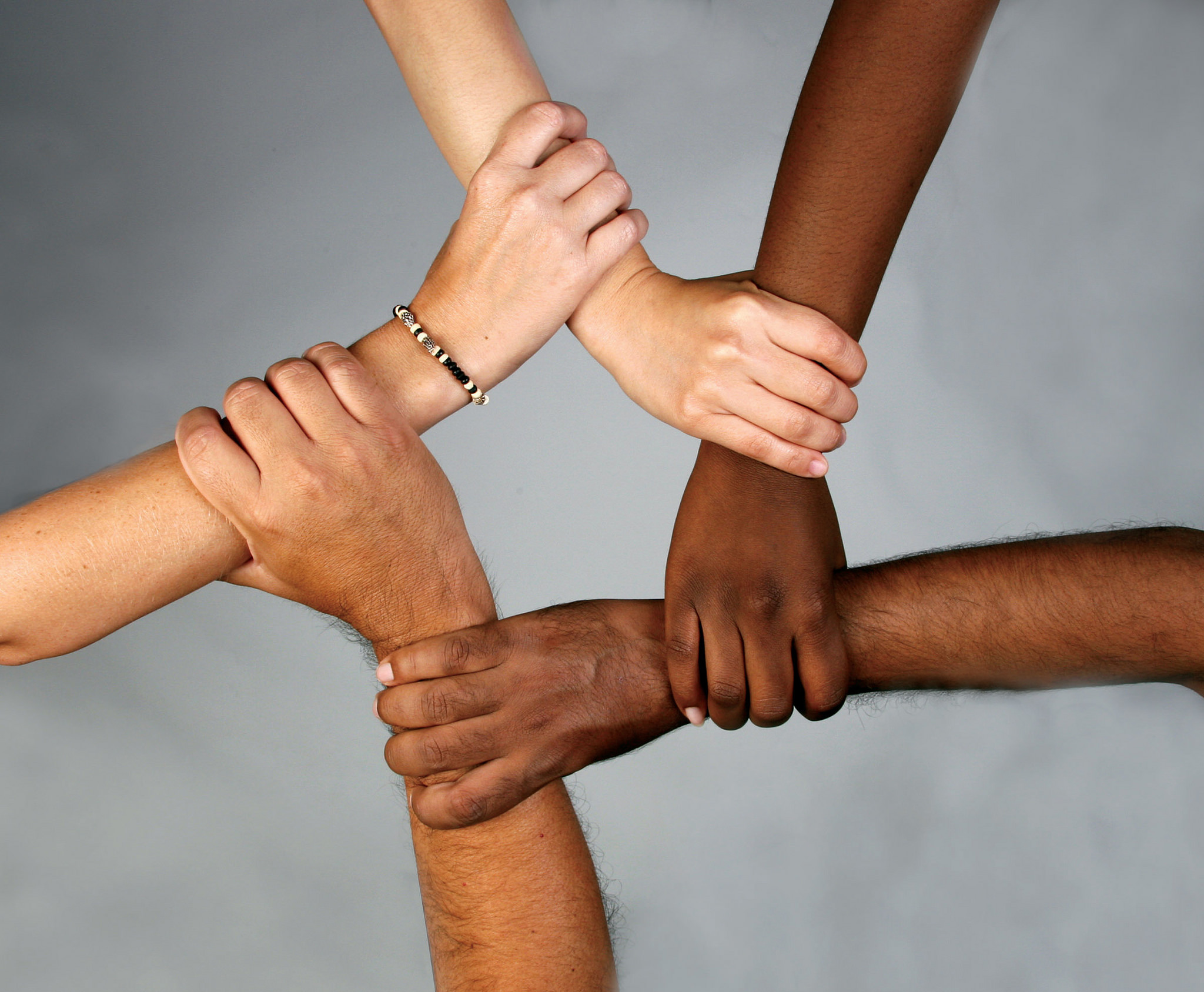One Way the Marijuana Industry Can Address Racial Injustices

By:
The war on drugs has a very long history of hurting minority communities. Furthermore, reports have found that due to certain variables the new legal marijuana industry often excludes minorities. Black citizens own only one percent of marijuana dispensaries. While blacks and whites consume cannabis at roughly the same rate, a black person is four times more likely to get arrested due to marijuana possession than a white person.
One answer to the war on drugs' racial injustices, which has recently been pushed by activists and lawyers, is what some are calling "drug war reparations."
A group called the Minority Cannabis Business Association, along with multiple other groups, released a document on Friday that specifies what policies should be adopted by states that legalize cannabis to address racial inequalities connected to the war on drugs. One of the policies that is proposed encourages using part of the taxes states collect from marijuana sales to improve minority communities.
Jesce Horton, chairman of the Minority Cannabis Business Association, told ATTN: he doesn't like the term "drug war reparations" or "marijuana reparations," but he does want some money from the marijuana industry to go to improving minority communities.
"The focus of this bill is to figure out how to grow the cannabis industry in an inclusive and sustainable way," Horton said. He said beyond the many ways the model legislation addresses how to make the industry more diverse and inclusive, he would like to see marijuana taxes partially go to investing in infrastructure and education in minority communities. He said it should also go to helping minority citizens who have criminal records from marijuana expunge their records, which can be expensive. Portland, Oregon currently does this.
 Pixabay - pixabay.com
Pixabay - pixabay.com
The war on drugs left many in these communities with criminal records. Many states that have legalized medical or recreational marijuana, like Alaska, New Hampshire and Hawaii, prevent those with criminal records from working in the industry. It's a terrible catch-22.
Horton said he recognizes how the war on drugs has targeted people of color, and he thinks it needs to be addressed. He said many states write legislation that is meant to quell fears of the industry becoming nefarious or harmful, and so they do things like ban people with criminal records from the industry, but that hurts many, including minorities.
Prior to entering the marijuana industry, Horton was employed at an engineering firm — despite having a marijuana-related criminal record‚ and he thinks the marijuana industry should be able to hire people with a similar background.
“Everyone should have an opportunity to participate in the emerging legal marijuana industry, and that’s especially true of people from communities that have been historically and systematically targeted by the racist war on drugs," Tom Angell, founder of Marijuana Majority, told ATTN:. "It’s cruel and shortsighted to use past drug convictions to disqualify people from joining the legal market, and I’m glad to see more industry leaders and lawmakers taking on the important work it will take to make true equity a reality."
 Wonder woman0731/Flickr - flickr.com
Wonder woman0731/Flickr - flickr.com
Lawmakers can also help minorities get into the cannabis industry by reducing fees and taxes that can prevent cannabis business owners from seeking out more diverse staffs. "When you have excessive fees and taxes, that reduces the amount of resources that cannabis businesses have to go out and find the right people, to really search for the right people and spend money to do some hiring work, when a lot of times these businesses hire people they know," Horton said. "It takes effort to hire a diverse talent, and I think when you do that, you see businesses that increase their dollars."
One thing that makes it more difficult for minorities to break into the new legal marijuana industry is many can't afford to open a business, Horton noted, and banks won't work with marijuana businesses because cannabis is illegal at the federal level, so getting a loan can be nearly impossible for some.
Considering the war on drugs ravaged minority communities across the nation, it only seems fair that the new cannabis industry should help fix the damage.
